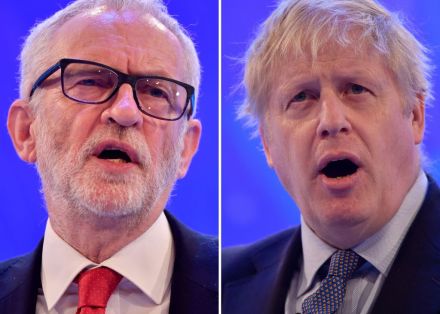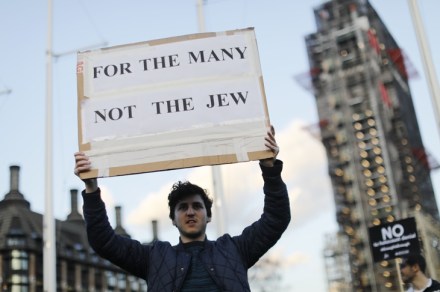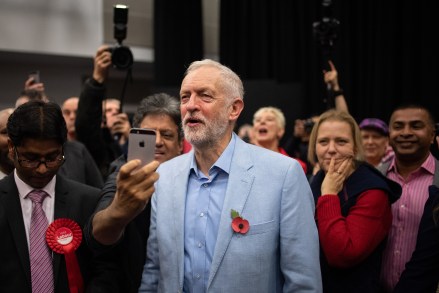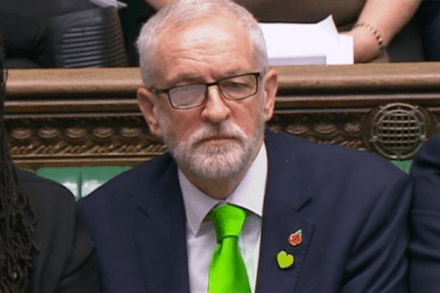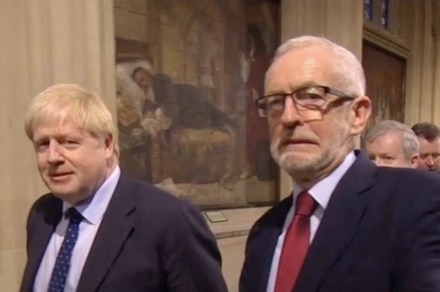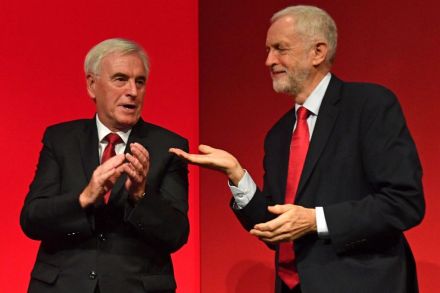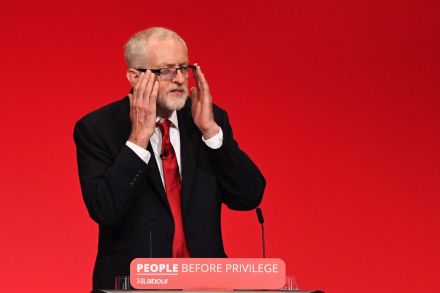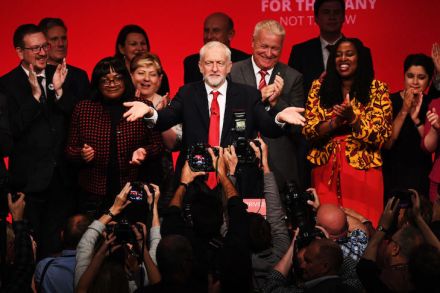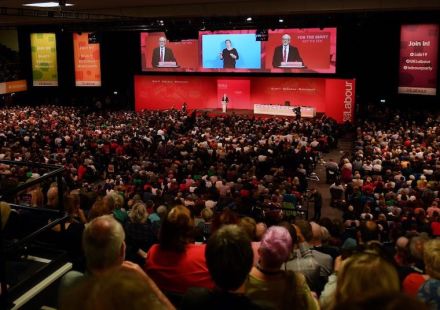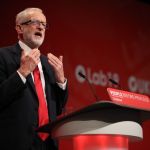Labour’s real 2019 manifesto
In 2019, Labour’s strategy is about delivering a fairer, more prosperous society, in adherence to our motto: for the zany, not the shrewd. Because Labour voters have short attention spans (and therefore do not remember how deeply we got the nation in debt the last time our party was in power), we would like to frontload this manifesto with the vast piles of Free Stuff that will inundate British households if you award our party a majority. You will notice lower down on your ballot a space to tick ‘milk’ or ‘dark’ for your 750g M&S chocolate assortment. Do not forget to further customise your order by ticking ‘creams’, ‘caramels’


